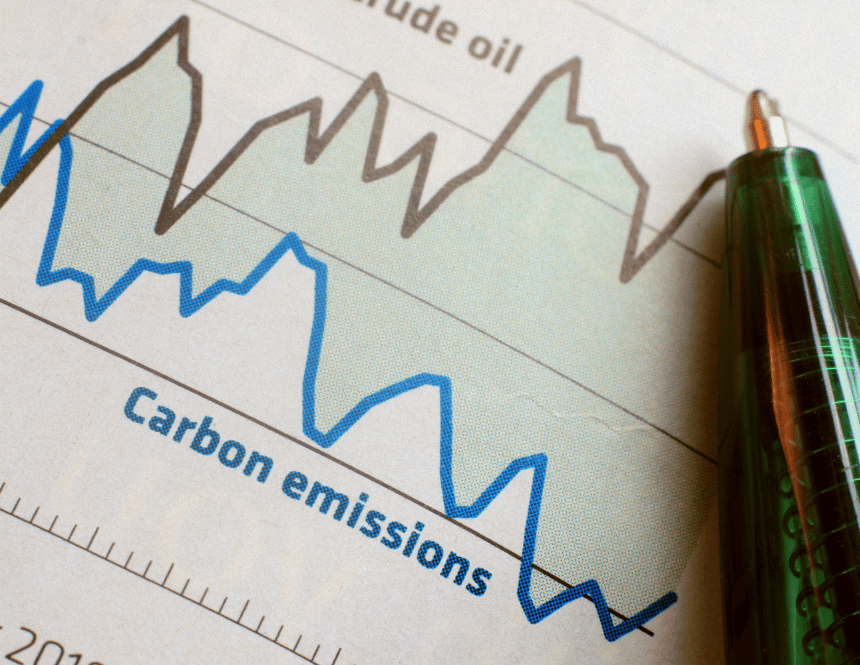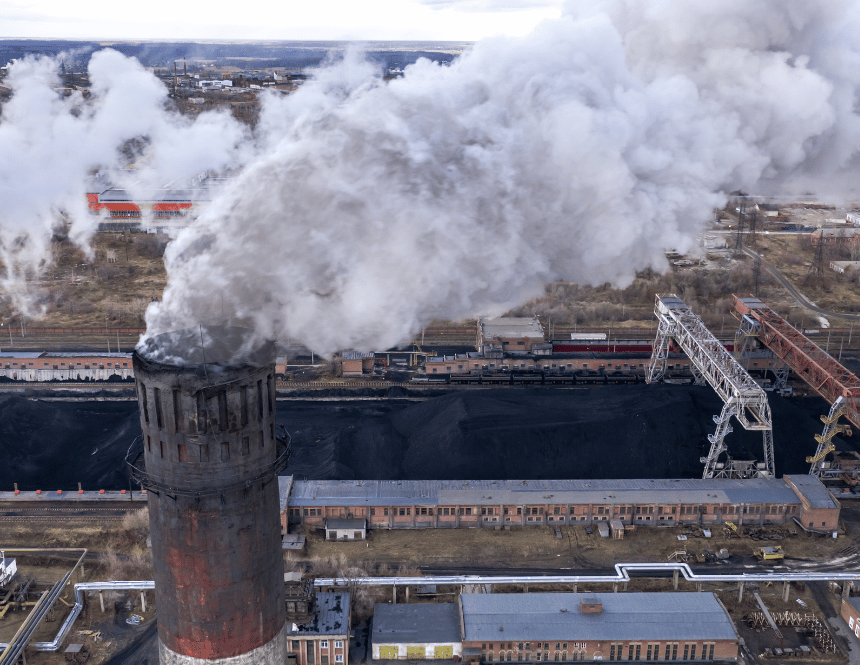The journey to net zero: leaders must act now
Achieving carbon neutrality will not be easy. Matilda explains what it means to achieve net zero why world leaders must help us get there.

Fossil fuels are a major contributor to the climate crisis, but perhaps the hardest to combat. Matilda explains why leaders, investors and governments need to step up in the journey to achieve net zero and protect our planet from climate change.
The term net zero means achieving a balance between the carbon emitted into the atmosphere, and the carbon removed from it. This balance – or net zero – will happen when the amount of carbon we add to the atmosphere is no more than the amount removed.
Can we get to net zero? The answer is yes.
But will it be easy, no way!
To get to net zero we need to create a future economy that manages the greenhouse gases that contribute to warming of the planet. This is vital, because right now as a global community we are emitting more greenhouse gases than the planet can handle, contributing to global warming and climate change. This problem is exacerbated by the fact that the environments that help absorb greenhouse gases, like the oceans and rainforests, are being destroyed at alarming rates due to human activity. For example, an average rainforest cover the size of Belgium is lost every year, and this has been rapidly increasing. This is why we must act now.
We need to focus on getting as near as possible to 100% reduction in carbon emissions. 50% or 60% will not cut it. To do this we first need to understand the biggest ways we emit greenhouse gas and how we can change this.
Bill Gates in his book “How to avoid a climate disaster,” has categorised the 51 billion greenhouse gas emissions as deriving from 5 areas; making things, like cement and steel (31%), plugging in and electricity (27%), growing things, like plants and animals (19%), getting around, our transport and vehicles (16%), keeping things cool and temperature regulation (7%). In each one of these areas, we produce some sort of emission which has a negative impact on the climate.
We can turn this around. But it will be hard because the whole world needs to be on board.

One of the major problems preventing companies and countries from moving to a carbon efficient economy is money. Right now, most fossil fuels are cheaper than greener products. This is a huge problem, as investors are unlikely to put money into carbon neutral systems unless there are new laws to encourage it or if carbon efficient energy becomes cheaper. To make a real change in price, we need wealthy investors (like Bill Gates!) to invest in research and new innovations to find a way to provide efficient green energy.
We also need governments to take action. Many countries are lacking this monetary investment and support which hinders them from transitioning away from fossil fuels. We cannot just rely on the unreliable clean energy designs like solar panels and wind turbines. We need governments to come together in line with the Paris agreement to fund research to find ways of providing green energy 24 hours a day to everyone – not just in higher-income countries – while also working on reducing the cost of green energy.
Big problems need big solutions. I did not say this was going to be easy, did I?
There are ways to reach net zero. We need to tackle the costs of green energy and limited resources and knowledge. Leaders must act now. Not in 10 or 15 years, now. There is no point in setting goals if it is too late to act upon them.

Interested in doing an Expedition yourself?
Explore our Expedition resources
Hear directly from Raleigh alumni and get your questions answered.
You’ll find everything in one place about our Expeditions.
Send us an enquiry with what you’d like to know more about.



